My former boss, Bernard Koku Avle once told me, “It is good to have a story”.
I was born in Asesewa, they say it’s a village but I have always insisted that it is a small town. An unexpected series of events took me to Prekumase, a village in the Upper Manya Krobo district within the Eastern region of Ghana. My stay in a community without electricity, potable water, a school facility and having to walk miles to the next town every day to school was not by choice, but little did I know that it would come to drive my passion for journalism. It gave me a different perspective and if I would stay true to myself, as the Channel 4 news anchor, Jon Snow advised, then journalism would be the greatest tool ever gifted me. Fast forward, I was a level 400 student of Ghana Institute of Journalism and the British Council had selected me together with two other delegates from over 3000 applicants to represent Ghana at the Future News Worldwide conference in London.
As the capital city of the United Kingdom, London is home to 8.6 million people from different cultures and communities. With over 300 languages spoken, the city is divided into distinctive neighbourhoods, each wearing an exclusive character and fragrance. It is home to Westminster Abbey, the house of Parliament, the Buckingham Palace, and host the iconic Big Ben Clock Tower, London Eye, and other incredible places in the world. In the city’s heart is a canary wharf, a commercial estate dominated by financial institutions, and also has the UK headquarters of the Canadian Mass Media and Information firm, Thomson Reuters, where the conference would be held.
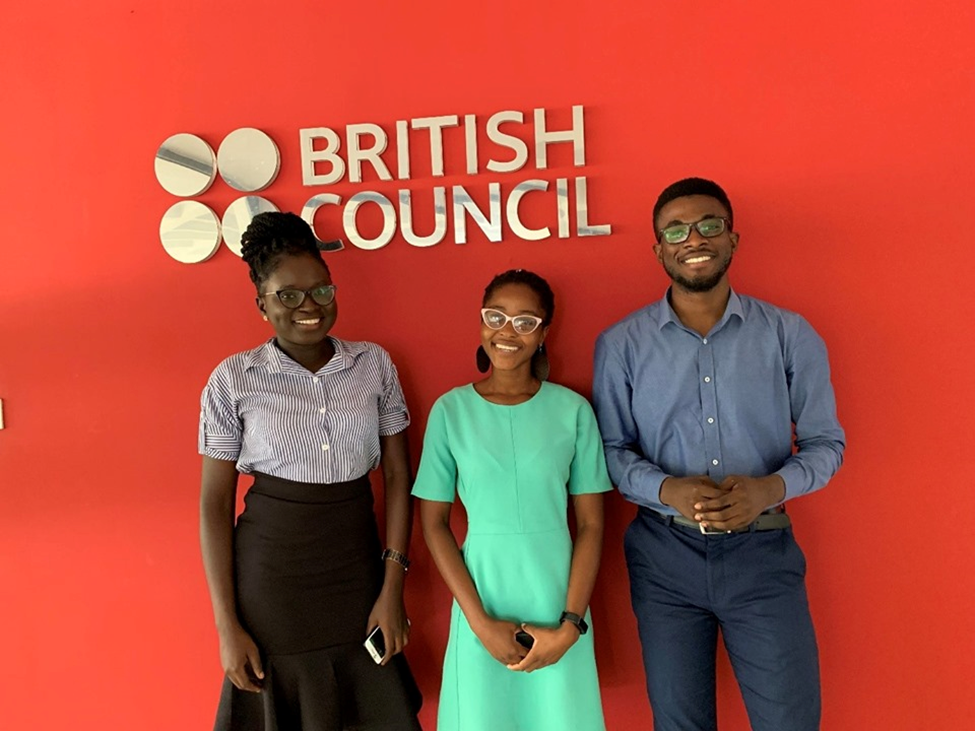
Before I could get to London, I had to apply for a visa and certain things brought up the doubts that I would not get it. Here I was, having done everything that had to be done, though with some coming at the last minute, and not getting the haloed email yet. When I finally received an email that the application had been dispatched from the application centre, I waited for the confirmation email for four days but nothing. Still anxious, I went to the application centre uninvited, even though the earlier email had stated, “Do not attend the VAC until you are advised to”. Yes, I grew up in Asesewa for heaven’s sake!
Hallelujah, I got my visa, my ticket was booked, my travel insurance was ready, everything on the same day, and I left for London in three days! It was happening. I was in London to attend a media conference that every young journalist should aspire to attend. Future News Worldwide conference is a four-day experience in London with two days of intensive media training organized by the British Council in collaboration with some top-most media organizations including Reuters, Google News Initiative, Facebook and the Herald. It often connects hardheaded and passionate young journalists from all over the world with the practical hands from the biggest global media brands in the industry.
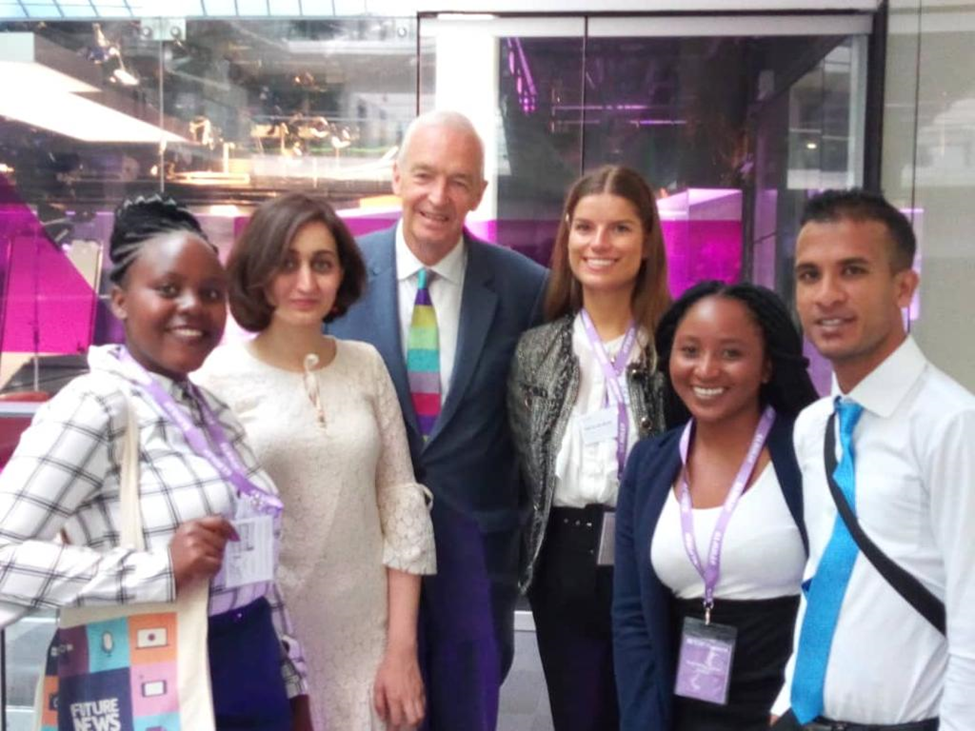
I have always worried about my survival away from Ghana’s fufu or banku, but I arrived in London determined to live. My breakfast was mostly, hot chocolate prepared by holding my cup to a coffee machine and conveniently toasting my bread. I would serve myself some scrambled eggs and occasionally, add steak meat with yoghurts and orange juice. The breakfast was my favorite of the meals served us. Without it, I would spend the day mainly on snacks so I made sure I never missed it! For lunch or dinner, everything would go unto my plate, even if it had the strangest name or look. I would taste everything cautiously and stick to what is a little familiar leaving the rest neatly packed on the plate; that was my principle of survival.
From the moment we set foot in London to the day we left, the programme manager, Sarah Gorman was the reason behind every successful smile on our faces. For weeks, we had stayed in touch through emails and every time I wrote her an email; I imagined an older-looking woman in her late thirties. She was at the hotel’s reception to welcome us and to make sure we checked-in and felt at home. I watched her in astonishment as she quickly shared with us the details of our stay; food, WiFi details, transportation, and a reminder of the welcome reception the next evening. I smiled as the thought of calling her ‘akiti’ crossed my mind. She was just so cute and sweet.
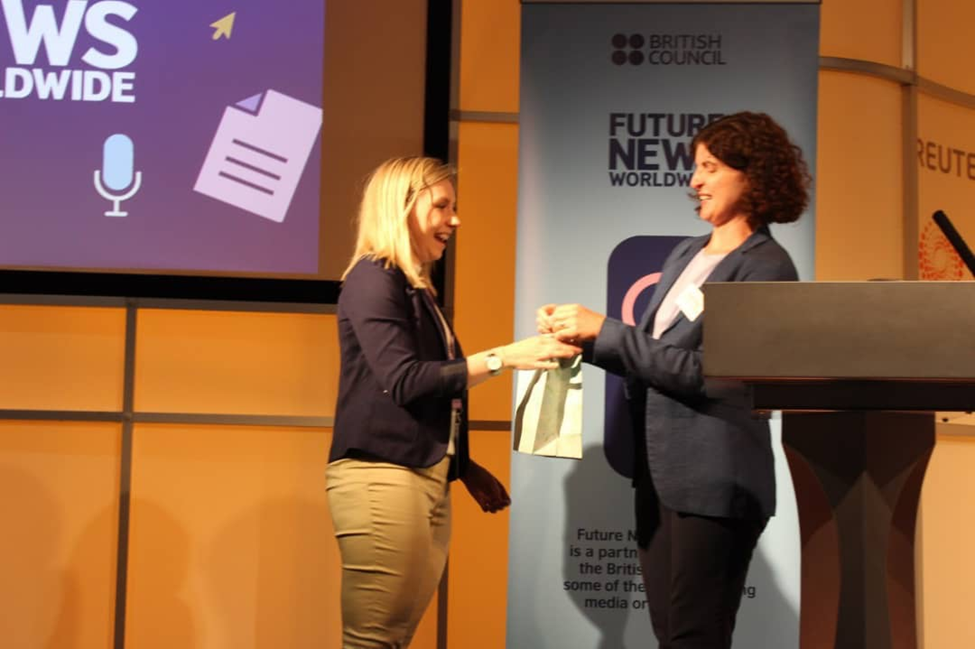
On my first night, I waited well naturedly in my bed for the jollof rice promised by one delegate from Ghana. There were three of us; myself, Jemima and Owuraku Ampofu, a sports journalist with the Multimedia Group of Companies. We flew in together and Jemima told us her dad, who lived in the UK, would pass by our hotel that night with food. I was in London in my neatly furnished room where I had just taken a hot shower, and I was sure I would taste Ghana jollof before I sleep. I woke up in the middle of the night hungry and just then I knew I should have followed the other delegates to eat pizza. I didn’t and here I was suffering from ‘nkitikiti’.
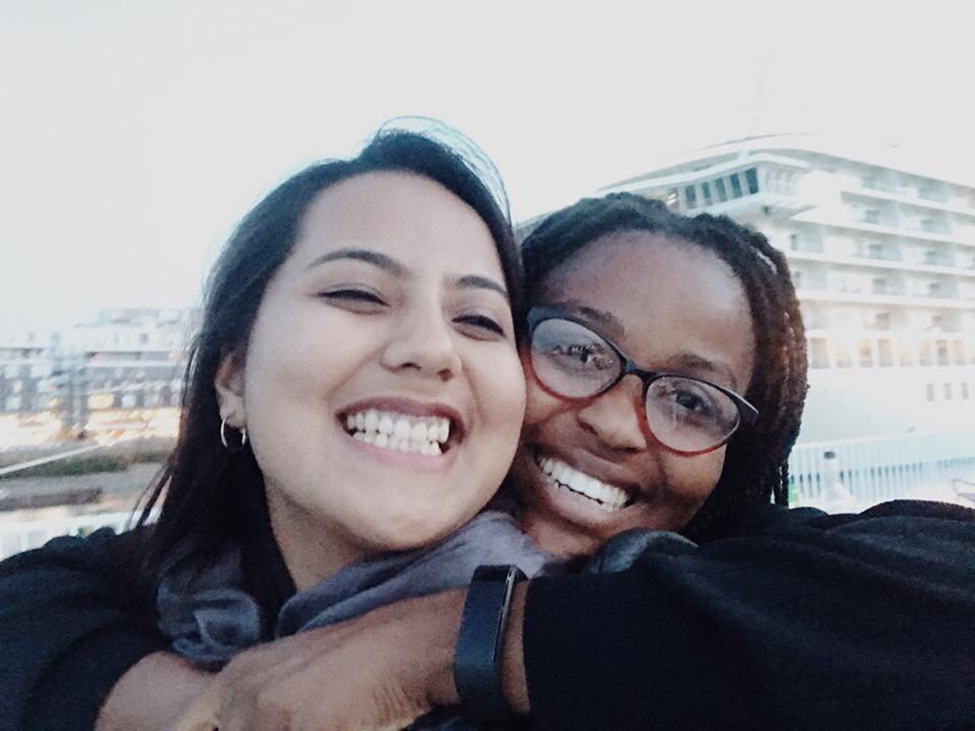
At breakfast the next morning, I could see that Africans were easily bonding. Nigerians, Cameroonians, Ugandans, it didn’t matter as long as their skin colour was black. It was no different from the whites.
At the back of my head, I could hear echoes of the voice of Akorfa, from the British Council in Ghana, who advised us to also connect with other delegates from different countries apart from Africa. So I left my table to make conversation. I was looking around trying to pick someone to talk to but before I knew it, I was seated at a table with Ugandans and Nigerians.
Our socialization, our root, our history, our culture, the colour of our skins, something was separating us from the others. Whatever it was, we broke the spell before we left London. We came as strangers and departed as friends. The British Council brought together 100 humans from over 50 countries and different cultures and watched them share experiences and made memories that would last a lifetime.
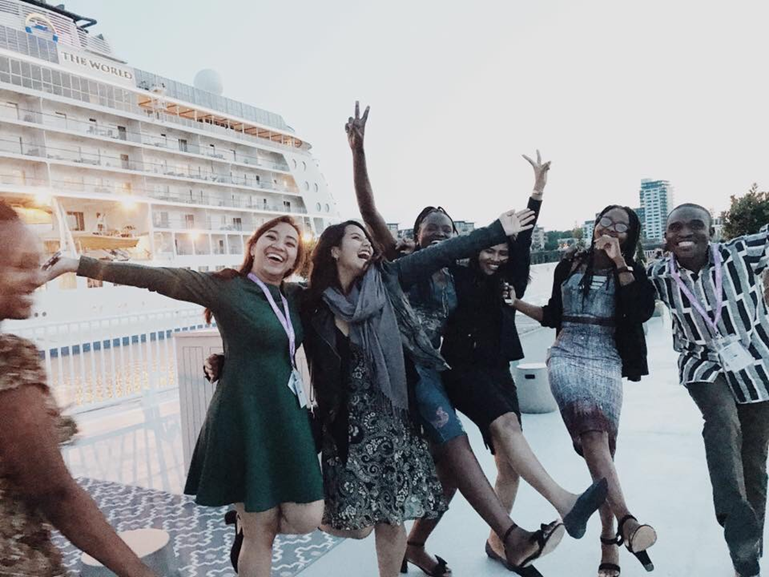
We had the entire day to tour London before the welcoming reception in the evening. I was completely mesmerized by how transactions were made and the flawless rail transport system in the city. I wished that it was this easy in Ghana to just swipe a card and get on a train or bus. I wished we had self-serving train or bus tickets machines in Ghana, so that even when physical cash was used for transactions, they were always almost new. I bet our Ghana cedi notes wouldn’t have been left crumpled in the hands of commercial bus conductors.
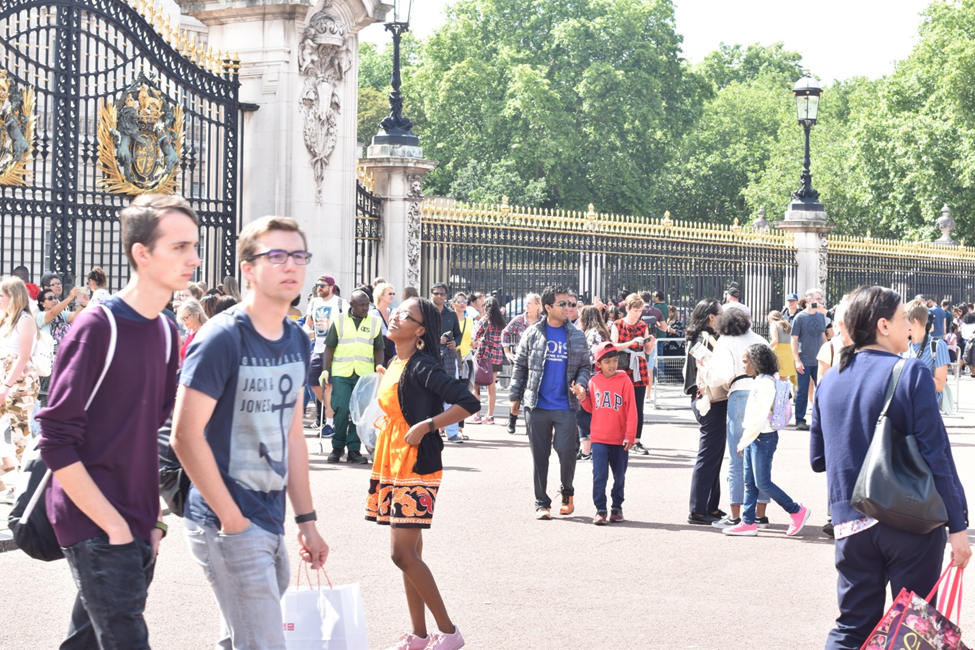
Every time we got on a train, I saw people reading novels or newspapers. I was wondering why the culture of reading was so heartening in London but the thought of sitting in ‘trotro’ or a train back home in Ghana hit me so hard. How can you read in a trotro with people intent on selling some herbs or ointment standing next to you and shouting as if their lives depend on it? I could only imagine a proper railway system in Accra at least to deal with the ridiculous congestion on our roads and maximize the commercial potential of the country. With a Ministry of Railway Development and an ambitious Railway Master plan, I should expect a railway system connecting not only cities but also neighbourhoods in the country.
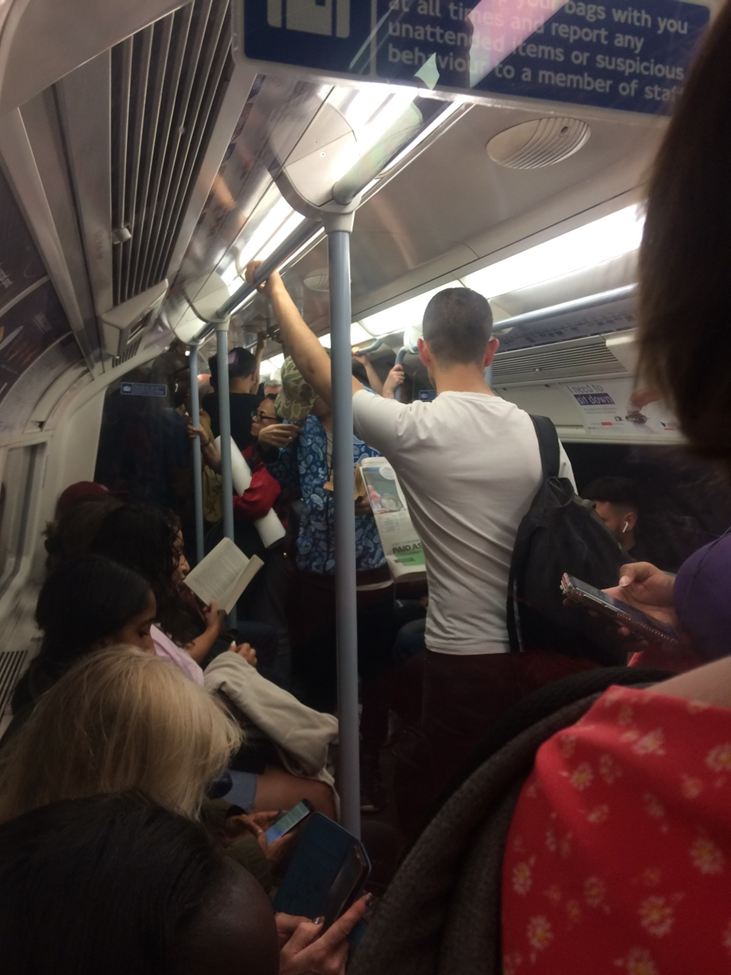
On our way to the Tower Bridge, I had a very interesting conversation with my friend from Nigeria, Shola. We spoke about the recent clash between Nigerian retailers and their Ghanaian counterparts, which had some Ghanaians forcibly closing down shops belonging to Nigerians in Accra and Kumasi.
She said Nigerians are annoyingly enterprising, and it upsets Ghanaians. I argued that Ghana is annoyingly the perfect commercial destination in Africa and it frustrates Nigerians. Shola traced the occurrences to the events of 1983 and 1985 in Nigeria and 1969 in Ghana. The two countries have wronged each other but have never officially apologized.
She shared an article she wrote on the subject with me, Ghana must go: the ugly history of Africa’s most famous bag. We concluded in agreement that leaders have a great deal of responsibility in keeping bilateral relations healthy.
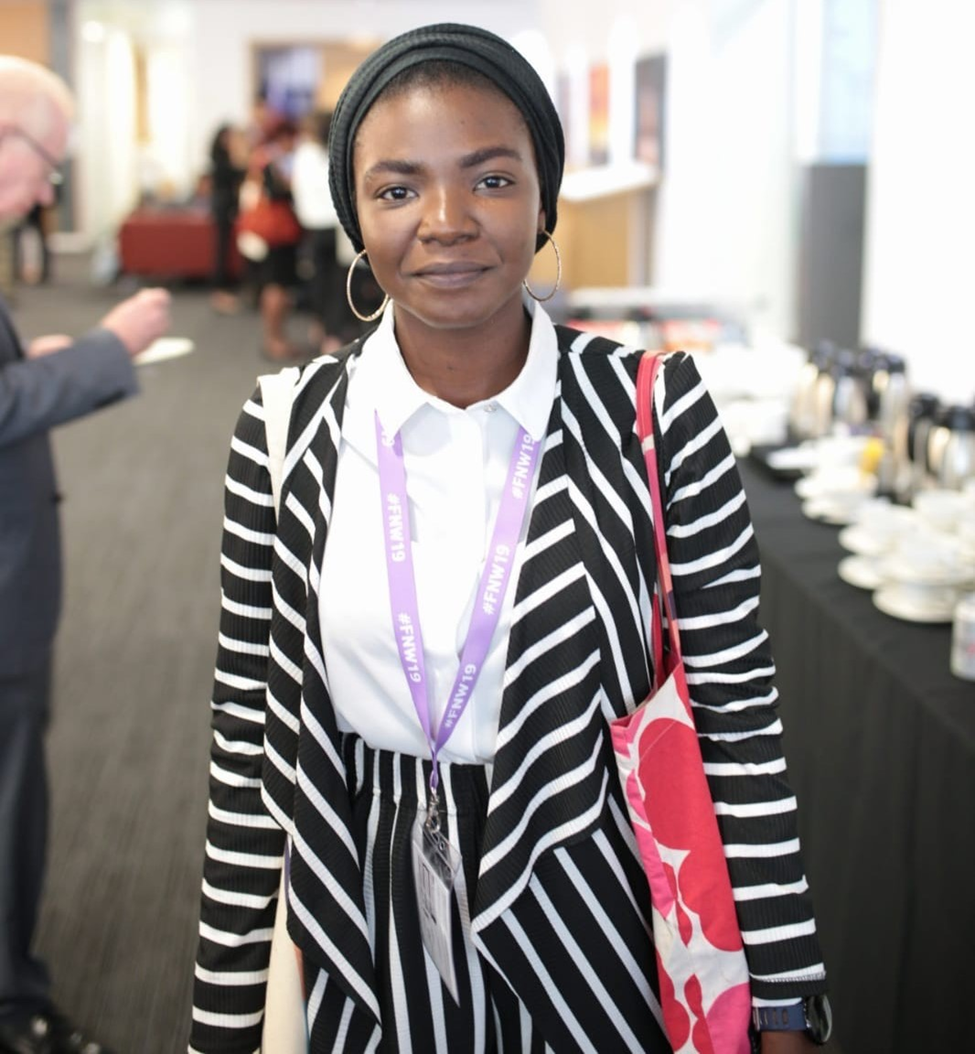
When I saw beggars on the streets of London, I quickly grabbed my phone and started taking photos. I knew there were beggars and homeless people almost everywhere in the world but it was my first time seeing a ‘Londoner beggar,’ so can you blame me? The only good thing about the begging phenomenon as I observed was that no child was in the business. I did not see children with disability begging on the streets of London as it is in Ghana.
As we walked the streets of Tower Hamlet, I admired the discipline of the people of London. They would wait for the green traffic signal, even without a car approaching, before crossing the road. I had just watched a Citi TV report of some residents of Adenta in Accra who would risk their lives crossing the highway, instead of using a footbridge. They wouldn’t waste their time on the footbridge when they can easily run off and cross the road, and certainly don’t have the leisure of waiting for a green traffic signal when the road is clearly empty.
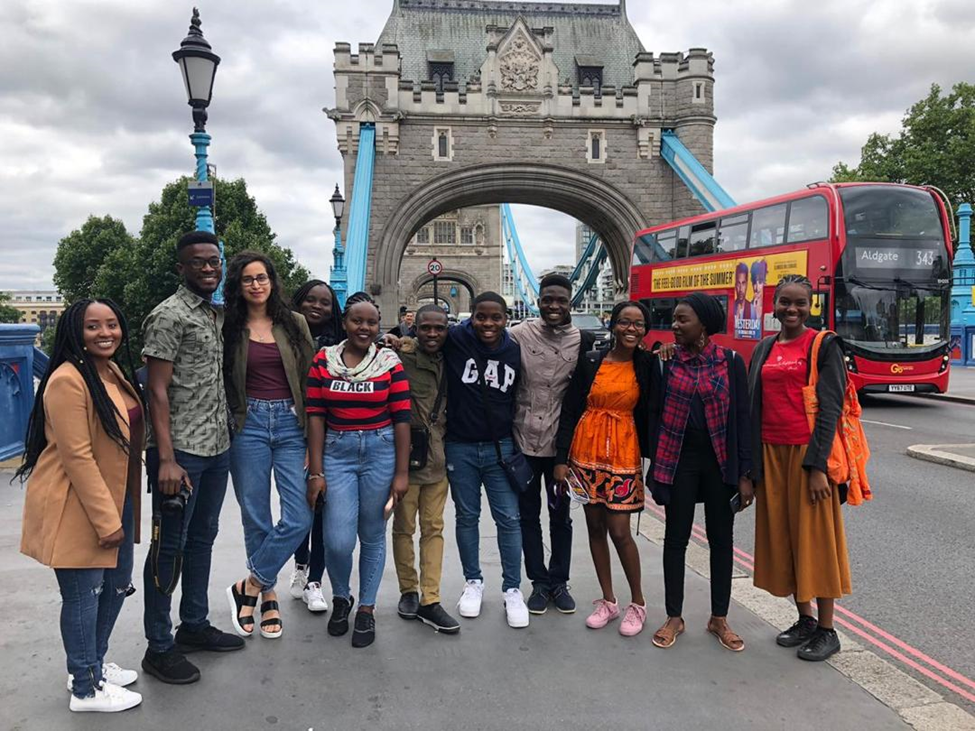
I thought it was refreshing that students in Nepal can apply for jobs and get paid. I realized it was still easier practising journalism in Ghana than many places in the world as Ishita drawn my attention to journalists attacks in Nepal.
The Angolan delegate, Israel’s account of how he dealt with racism while studying in the UK moved me. These were the little conversations that opened my eyes to social issues faced globally. It’s incredible what I learnt just by interacting with delegates.
Also intriguing was the river Thames which for the period we were in London looked no different from Accra’s popular Odorna River. It certainly didn’t look like one of the world’s cleanest river as I had read in articles. Water pollution is a global problem. The world needs to pay attention to disposing of stormwater and sewage.
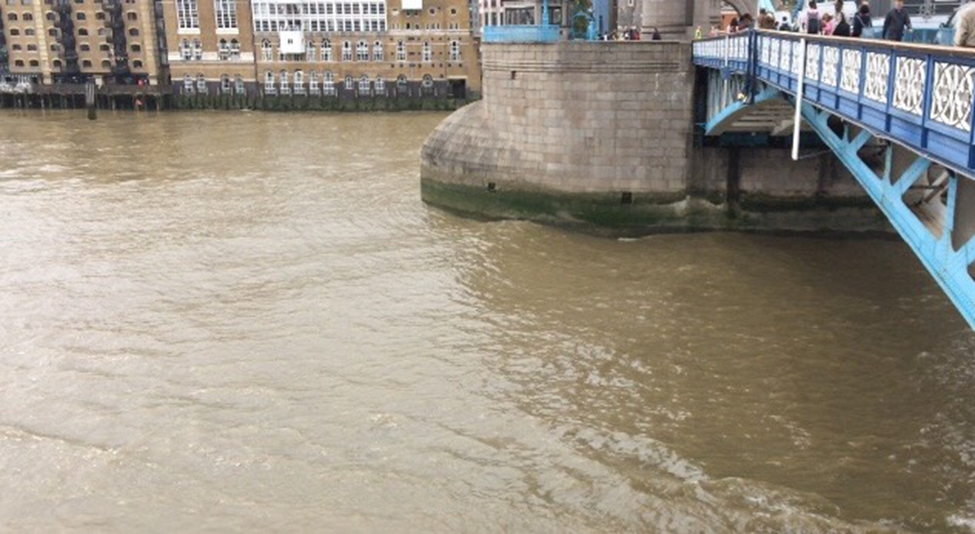
From the Tower Bridge, we went to Big Ben (unfortunately undergoing renovation at the time we got there), St James Park, then to Buckingham palace and quickly rushed back to the hotel. Good thing, the jollof rice came and we finally enjoyed it before leaving for the welcome reception that evening.
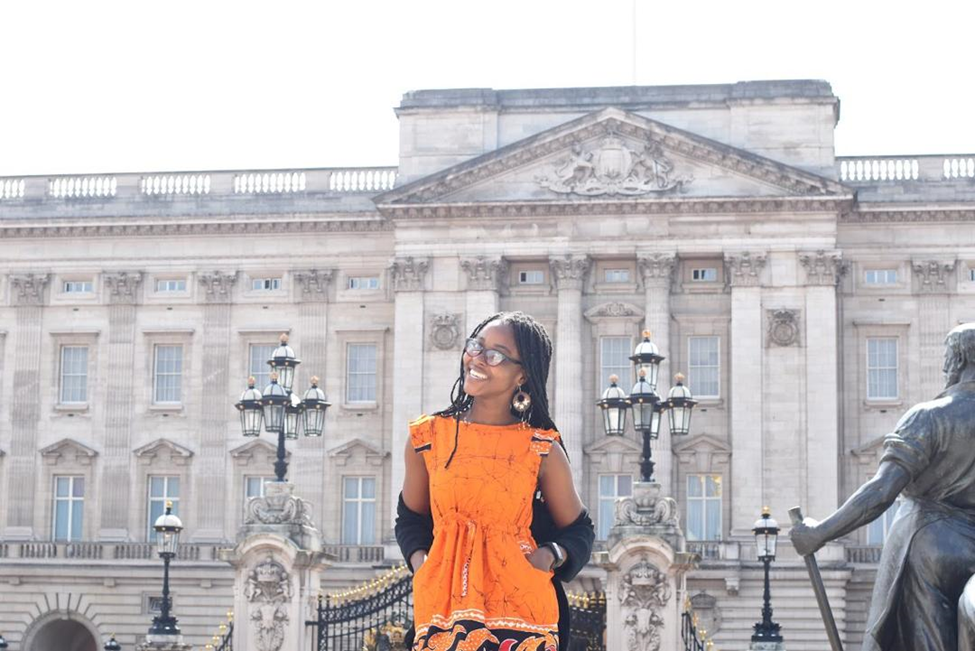
July 16th and 17th were the two most important days of my time there and for a career in an industry that has become increasingly difficult to break in. I was wondering if two days would be enough to acquire the practical skills needed to excel in a competitive journalistic environment.
After hearing from Managing Editor of New Delhi Television, Sreenivasan Jain and foreign correspondent of the Sunday Times, Christina Lamb, I knew, without a doubt, that Future News Worldwide 2019 was my big opportunity.
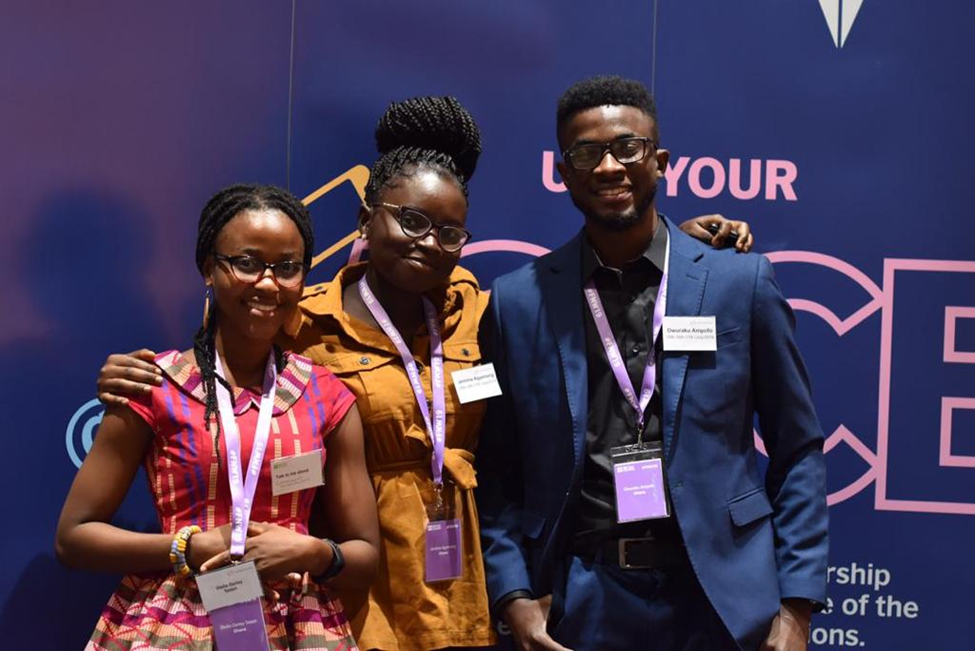
Sreenivasan Jain spoke of how journalism can rebuild trust by investigating and exposing official falsehood, and how the business of speaking truth to power has influenced his work. He highlighted issues of press freedom and challenges faced by the modern media industry.
“We are not quite yet like Turkey where journalists are being arrested in large numbers. We are not quite yet like Russia where they are being killed in large numbers. We are not quite yet like America where the head of state actually says that the press is enemy of the people. It is not as if journalists are not being killed in India, but the real story coming out from India is how a very vast and diverse media landscape has been reduced to a propaganda tool for the government ”, he said.
He explained how the standards of journalism have seemingly fallen and the cost of speaking truth to power raised high with confronting issues like ownership, profitability, competition and job security.
“Owners, proprietors, promoters increasing across the board through genuine or assumed threats have folded all too easily, turning their platforms into either a mouthpiece of the government or choking off uncomfortable reporting”, he pointed out.
The issues discussed by Sreenivasan Jain were specific to India but similar to other countries and very relatable for me, even as a Ghanaian, coming from a country proud with human rights record.
Christina Lamb also shared her experiences as a war reporter and Taylor Nelson, the director of knowledge dissemination at Solutions Journalism Network excited us with opportunities available in Solutions Journalism. We had other incredible speakers like Nick Tattersall of Reuters, HuffPost UK reporter Nadine White, Aliaume Leroy and Benjamin Strick of BBC Africa Eye who gave us insight into investigative journalism, and later a special tour of BBC Broadcasting House in London.
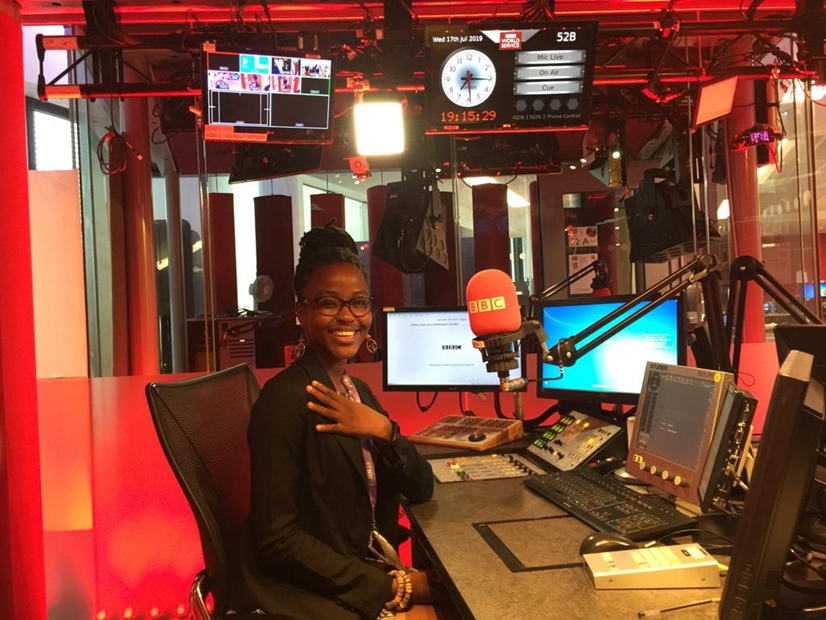
I booked places for workshops on Facebook, newsgathering and verification and Google News Initiative. I produce content for online so I was really looking for forward to learning about new verifiable sources of information, different ways to share my stories and build a strong social media following. I have never taken Instagram seriously so the community of journalists and media organizations using different features on Instagram to reach and build a vibrant audience surprised me. I finally accepted the power of Facebook live when it comes to interactivity and engagements, and after hearing Nadine White say that Twitter is her life, I recognized that I needed to work on mine.
The height of it for me was a speech delivered by Jon Snow at a surprise dinner on the Thames. I was enjoying the company of my Nigerian brother who was struggling to finish his plate of ‘leaves,’ as he called it, when the voice of Channel 4 news presenter echoed through the boat, “Music, Africa, development, education, all came together in a space of a year. Things happen to you along the line which you must never forget. It might be the death of a parent, it might be the birth of a child, it might be anything, but these things are the things which inform who you are and how you see yourself. Be true to yourself’’
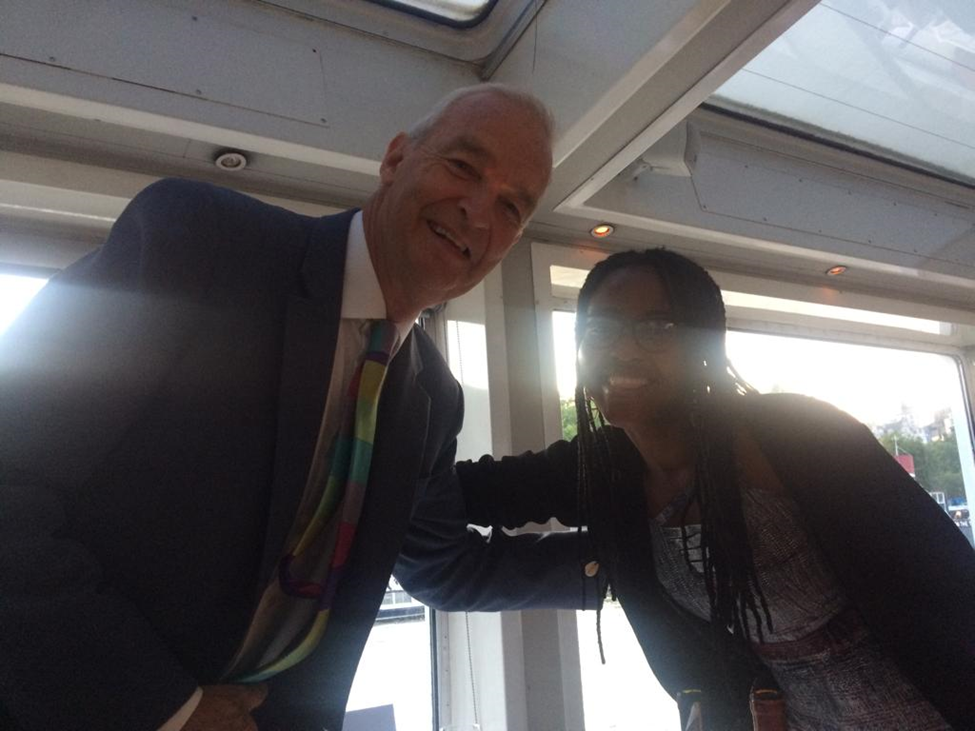
He was talking about how certain events have influenced his choices and work as a journalist. As I watched him sing the Ugandan national anthem, I reflected on some experiences in my own life and how they may have informed my passion for journalism and its role in the attainment of a sustainable and peaceful society.
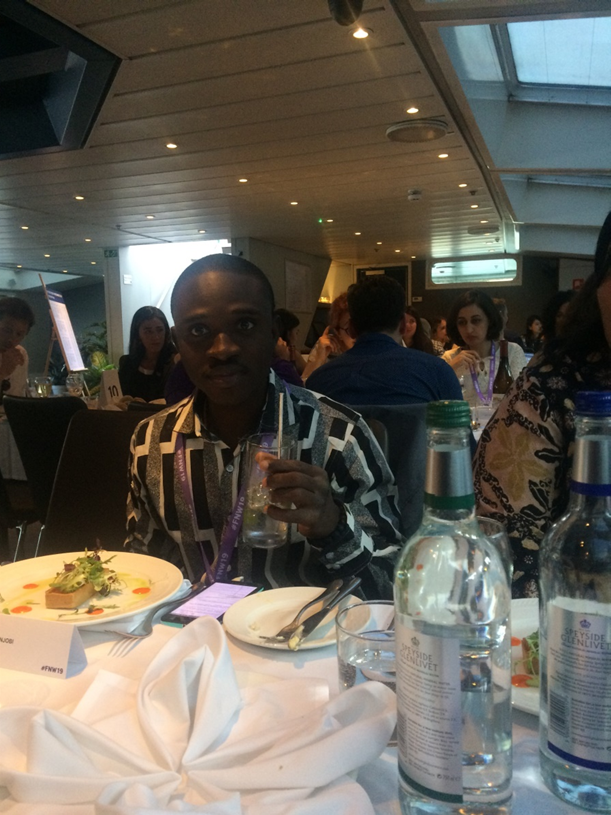
I would finish my article with these questions as I would love to discuss them again. How can Africans tell their own stories in the face of global media competition? How can we address the challenges of racism and diversity using journalism?
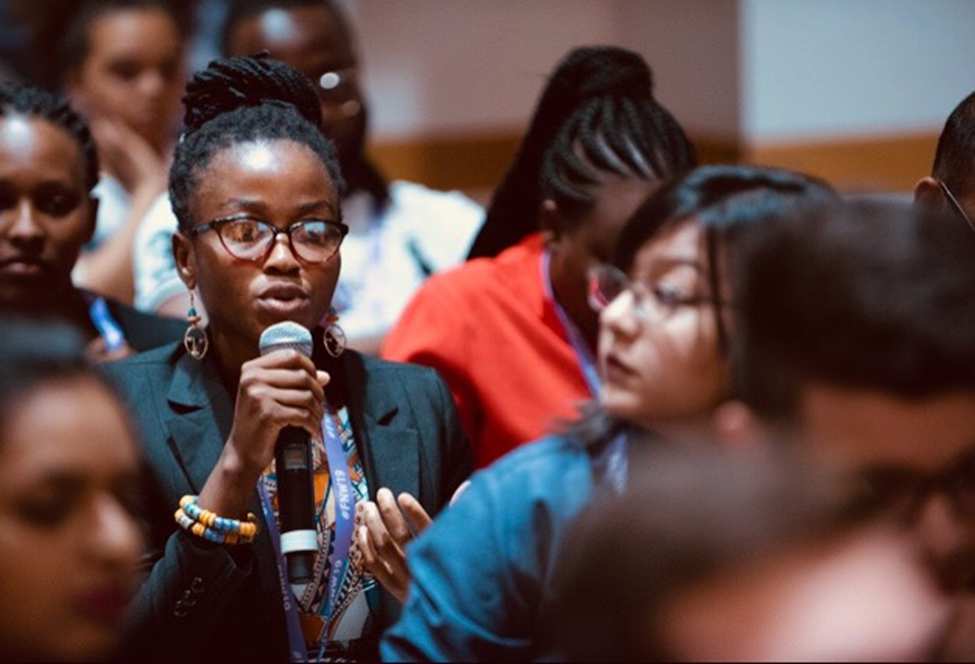
The two-day media training at Future news worldwide 2019 conference may not have equipped me with every skill needed for the media industry but it gave me a perspective and now, more than ever, I am motivated to pursue my journalism vision. It has opened me up to a world of ideas, opportunities and competition. If I went to London passionate about journalism, then I came back focused, inspired and bubbling with energy for a successful career in journalism.
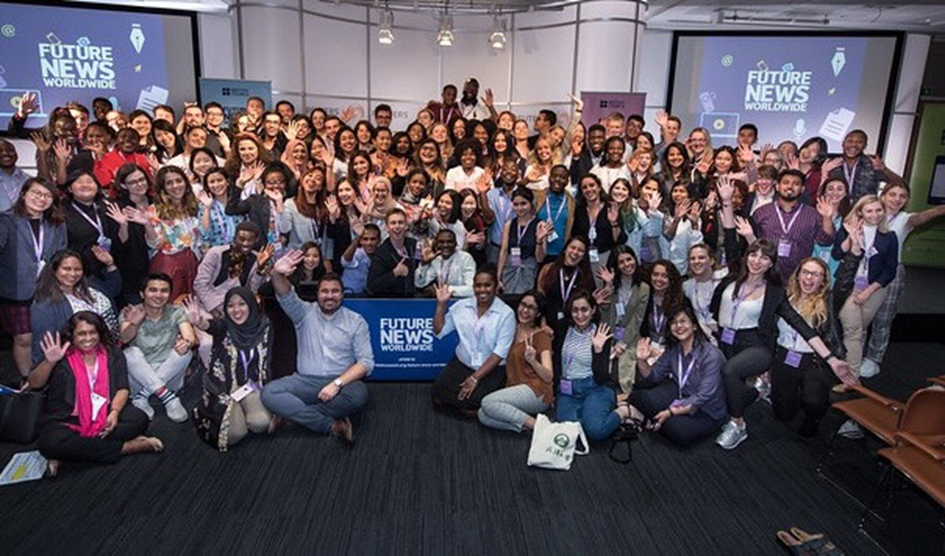
Source: Stella Darley Tetteh






0 Comments